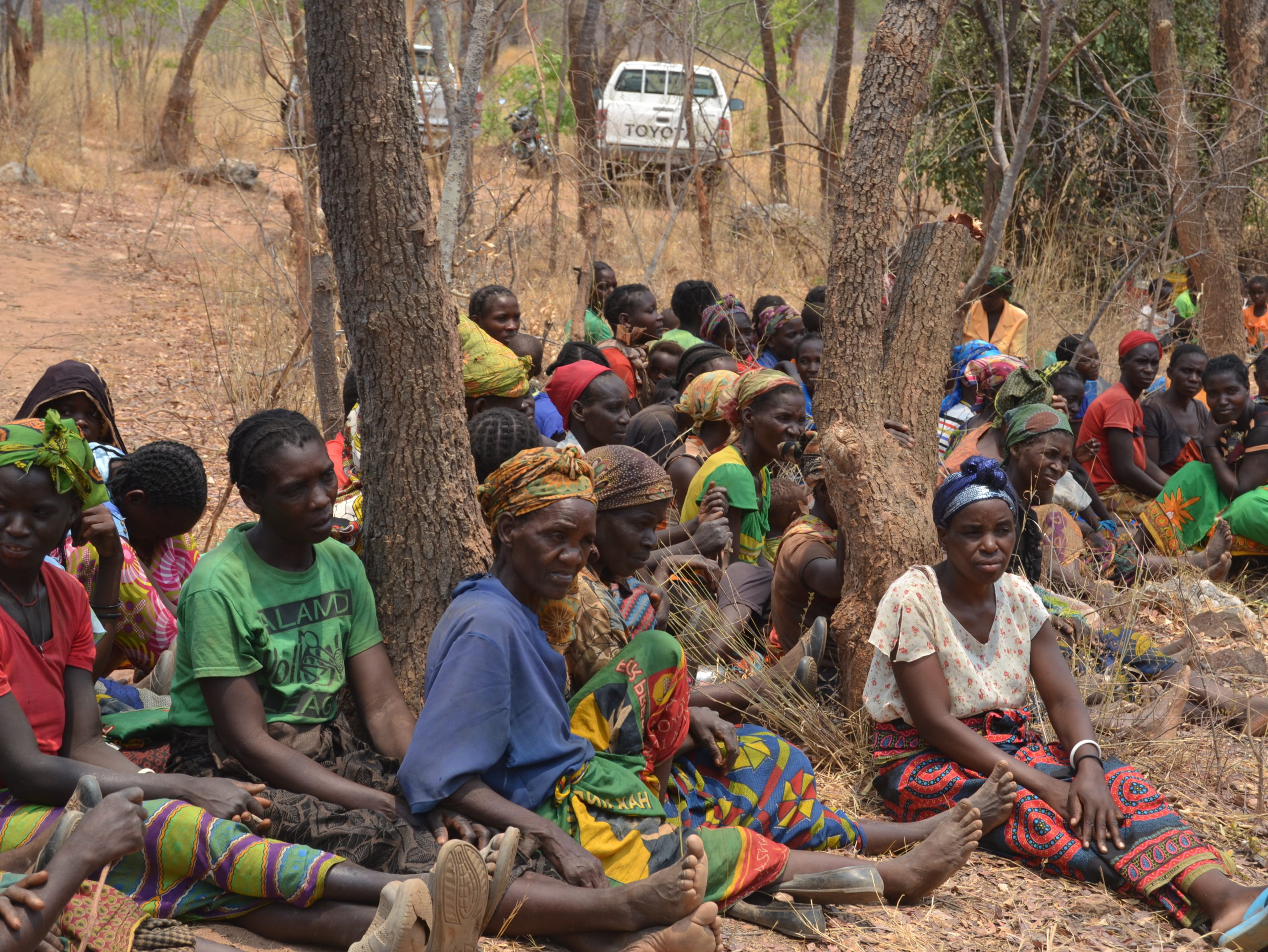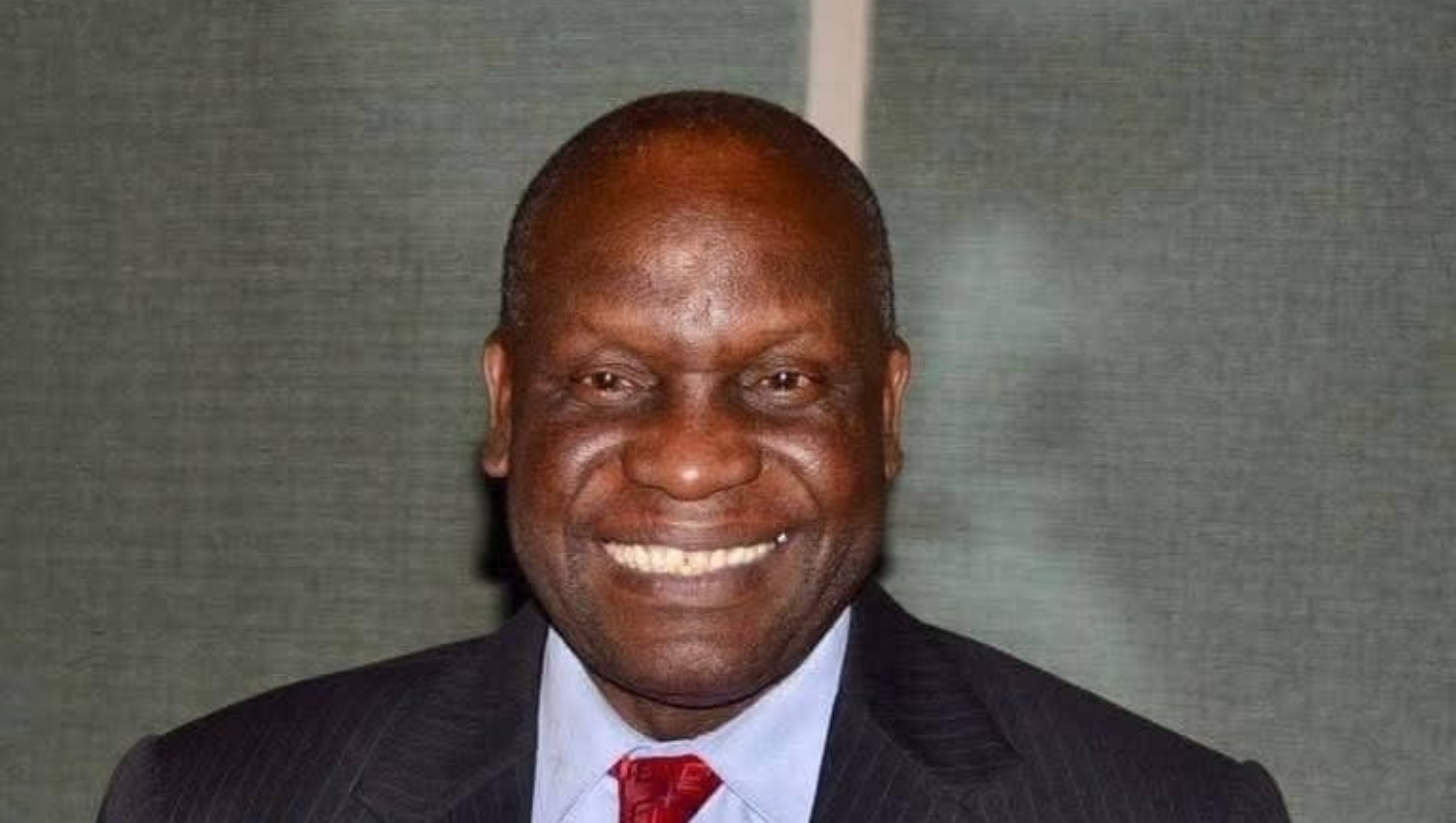Covid-19 pandemic has led to economic and emotional stress to rights holders and overburdening the Zambian government. Protecting lives and livelihoods, sustaining health-care systems and the resetting the economy have rightly become the most pressing priorities for the future.
Implementing partners under the Strengthened Accountability Programme (SAP II) a Diakonia Zambia supported programme have expressed concern at the devastating effect of the corona virus pandemic which has resulted in unprecedented global public health and economic crises.
Zambia has found itself at a crossroad because of this pandemic. We note the suspension of some businesses and the subsequent loss of employment for some citizens across the country as a result of this pandemic. This has had a negative trickle-down effect at house hold level as livelihood has been disrupted.
SAP II’s approach of listening to communities through regular and active engagement remains the bedrock for building trust, gauging community perception and enhancing accountability of the response. We therefore appeal to leaders to continuous engage the citizens on the issue of this pandemic. When communities hold on to certain beliefs or perceptions, it underscores the need for engagement that is based on empathy and understanding rather than dismissal.
We are aware of the measures being put in place by the government in response to the fight against Covid-19 in its attempt to sustain the economy. We however wish to call upon government to also put in place measures that will act as a safety net to cushion the impact of the pandemic at household level.
The urgent need to support Zambia in its efforts during the pandemic makes transparency and accountability critically important. The scale of the crisis raises the risks and dangers of the theft of public money that should be used to save lives and rebuild livelihoods.
As partners under SAP-II, one of our focus areas is promoting transparency and accountability as well as ensuring responsiveness of duty bearers to the needs of rights holders who are the citizens. In this regard, it is our call to government to ensure accountability in the distribution and prudent use of resources that have and are being donated towards the fight against the pandemic and that the intended beneficiaries especially in districts outside the line if rail benefit from these donations
Therefore, information on pandemic response procurement, including emergency procurement, should be made public as soon as reasonably possible.
We are also calling on law enforcement agencies to respect human rights as they enforce the law. We have noted with concern that the law enforcers sometimes whilst executing their mandate, have resorted to brutalising the law breakers in clear disregard to the presumption of innocent until proven guilty.
Our appeal to the donor community is that while responding to the needs created by the pandemic, boost efforts to protect the core pillars of open and democratic societies. This should include supporting civil society organisations and journalists working on transparency, the right of access to information, freedom of expression, anti-corruption, and participation.
It is only by defending and strengthening open government that, during the response and recovery from the Covid-19 crisis, we will be able to revitalise our democracy and bring about more just, equal and cohesive societies.
Whilst the fight is on, it’s important to also look long term which is supporting a resilient and functioning health system that responds to the needs of communities and vulnerable populations. And media can play an integral role in ensuring accountability of service delivery and promoting constructive engagement involving communities, service providers and government.
The Strengthened Accountability Programme (SAP II) supported by Diakonia Zambia is for improved quality of life of Rights Holders (RHs, specifically, women, youth, the poor and vulnerable groups) in natural resource rich, rural and peri-urban areas of Zambia.
Issued by:
CARITAS ZAMBIA
JCTR
EITA
MISA ZAMBIA
FODEP
SACCORD
YAD
WOMEN FOR CHANGE
NGOCC
CARITAS SOLWEZI
About SAP II
Strengthened Accountability Programme (SAP) II is a four year Diakonia supported programme with an expected impact of improved quality of life of Rights Holders (RHs, specifically, women, youth, the poor and vulnerable groups) in natural resource rich, rural and peri-urban areas of Zambia.
The programme is being implemented in Kalomo, Zimba, Mansa, Chavuma, Kalumbila, Zambezi, Lufwanyama, Solwezi, Mushindamo, Ikelenge, Mwinilunga and Kasempa.
Partners in this programme are Caritas Zambia, Jesuits Centre for Theological Reflection (JCTR), MISA Zambia, Extractive Industries Transparency Alliance (EITA), Foundation for Democratic Process (FODEP), Women for Change, Southern Africa Centre for Constructive Resolution of Disputes (SACCORD), Caritas Solwezi, Youth Alliance for Development and Non-governmental Gender Organisations’ Coordinating Council (NGOCC).
For any media enquiries please contact
Thomas Zulu, MISA Zambia
Cell: +260 979 989 002
Email: pogg@misazambia.org.uk









